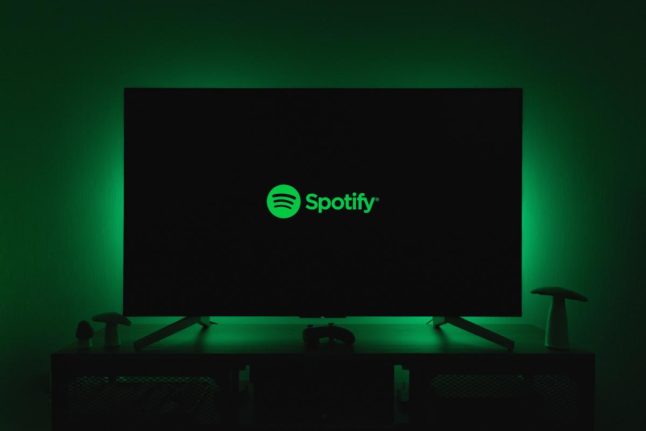Sales of CDs in Sweden have been on the decline for over ten years and by 2008 they had collapsed to 14.7 million albums. Illegal file-sharing, widespread in hi-tech Sweden, has shouldered much of the blame.
But the explosive success of Spotify, a streaming music service launched in October 2008, has turned the financial tide for the hard hit music industry.
“Spotify is a success. Not just in terms of users but also with regard to revenues for music companies. Spotify is now bigger than iTunes in terms of our monthly revenue in Sweden,” Mark Dennis, head of digital music at Sony BMG Sweden, told The Local on Tuesday.
The convictions of four people behind The Pirate Bay on charges of being accessories to copyright infringement in April, as well as the passing of tough new anti-piracy legislation, have led to a dramatic fall in internet traffic, attributed to a decline in illegal file-sharing.
“Sweden has been more prone to illegal file-sharing than other markets. Spotify came at an opportune time and has filled a gaping hole in consuming music. The low cost entry level is the secret to its appeal to file-sharers,” Dennis said.
Spotify has rapidly grown to over a million users in Sweden on the back of a business model that allows users to obtain advertising-funded music for free, or alternatively for a low fixed monthly fee.
Despite the advance of Spotify’s subscription service and the continuing success of iTunes, Mark Dennis still sees a future for the CD – if the music companies get the packaging right.
“Our sales of CDs have actually increased slightly in Sweden in the first six months of 2009 and still account for 85 percent of revenues. I think the transition to digital music will eventually occur but people still like buying CDs.”
“Consumers are demanding more for their money though. We just have to develop the packaging and extra material,” Dennis said.
Dennis confirms that the Ipred law and the Pirate Bay case have provided a window of opportunity for music companies to catch up with the consumer and the market.
“After Napster the music companies were caught napping. They did not have anyone to advise them. iTunes speeded this process up, and a relaxation in licensing restrictions has accelerated development.”
He conceded that many of his arguments are those that file-sharers have being using for years with regard to the slow development of the music industry.
“I think that if you provide good services people will pay. That which has been previously lacking is a breadth of opportunities to consume music.”
Spotify’s success, Dennis argues, can only be good for all concerned.
“My hope is not that Spotify dominates the market but that it helps to create the incentive for other entrepreneurs to develop more services to meet demand. That way everybody wins,” he concluded.



 Please whitelist us to continue reading.
Please whitelist us to continue reading.
Member comments